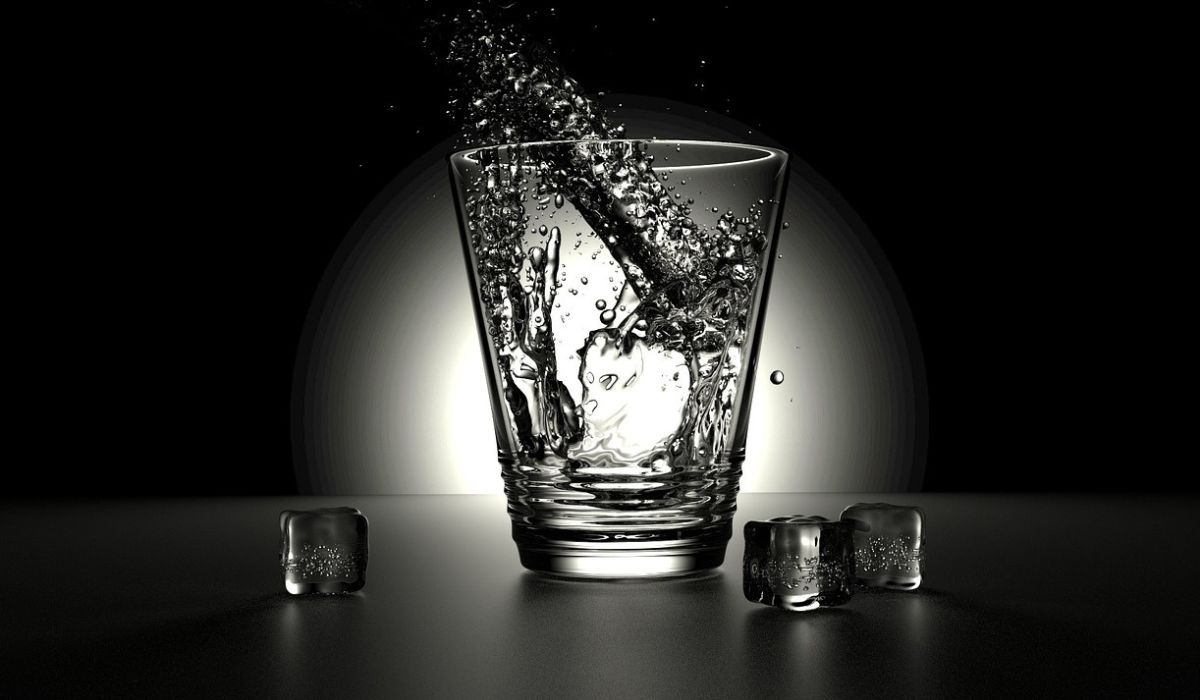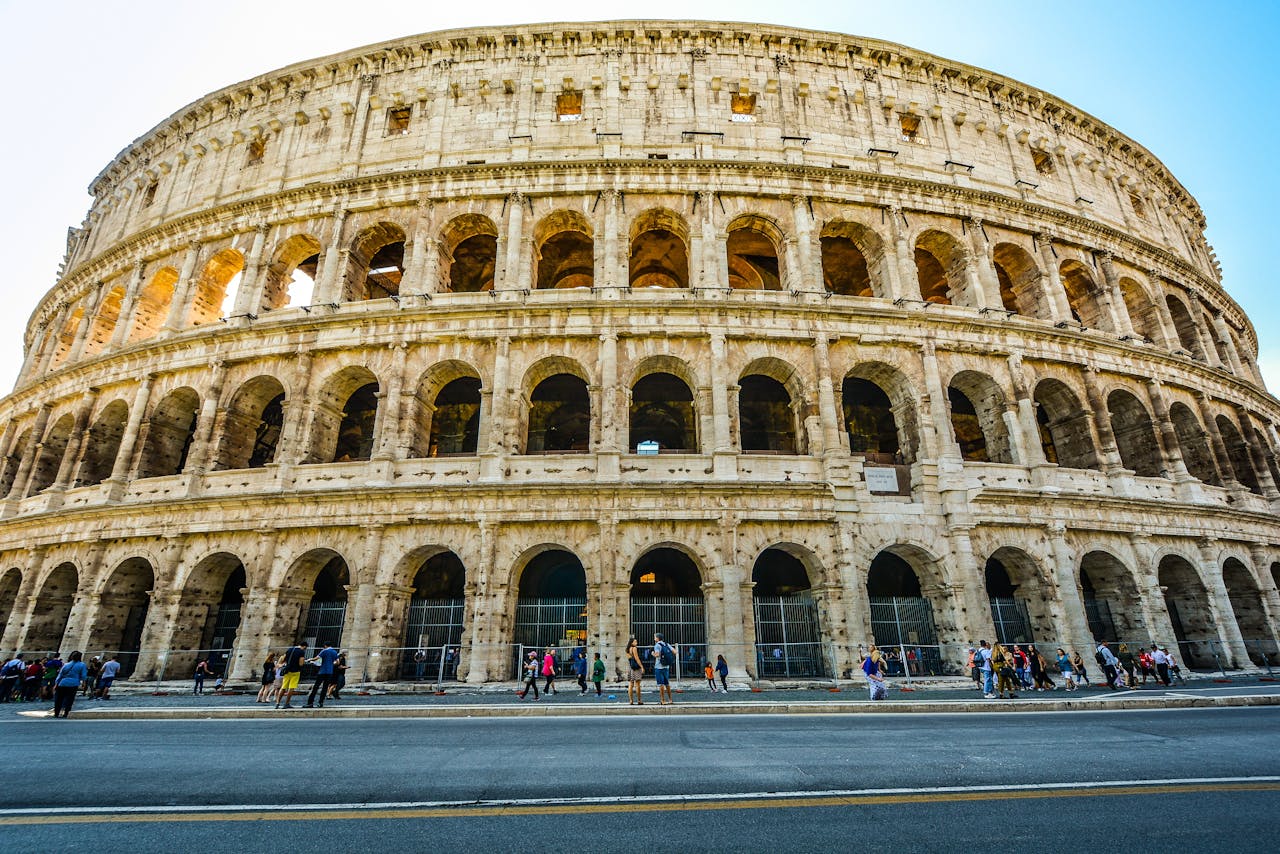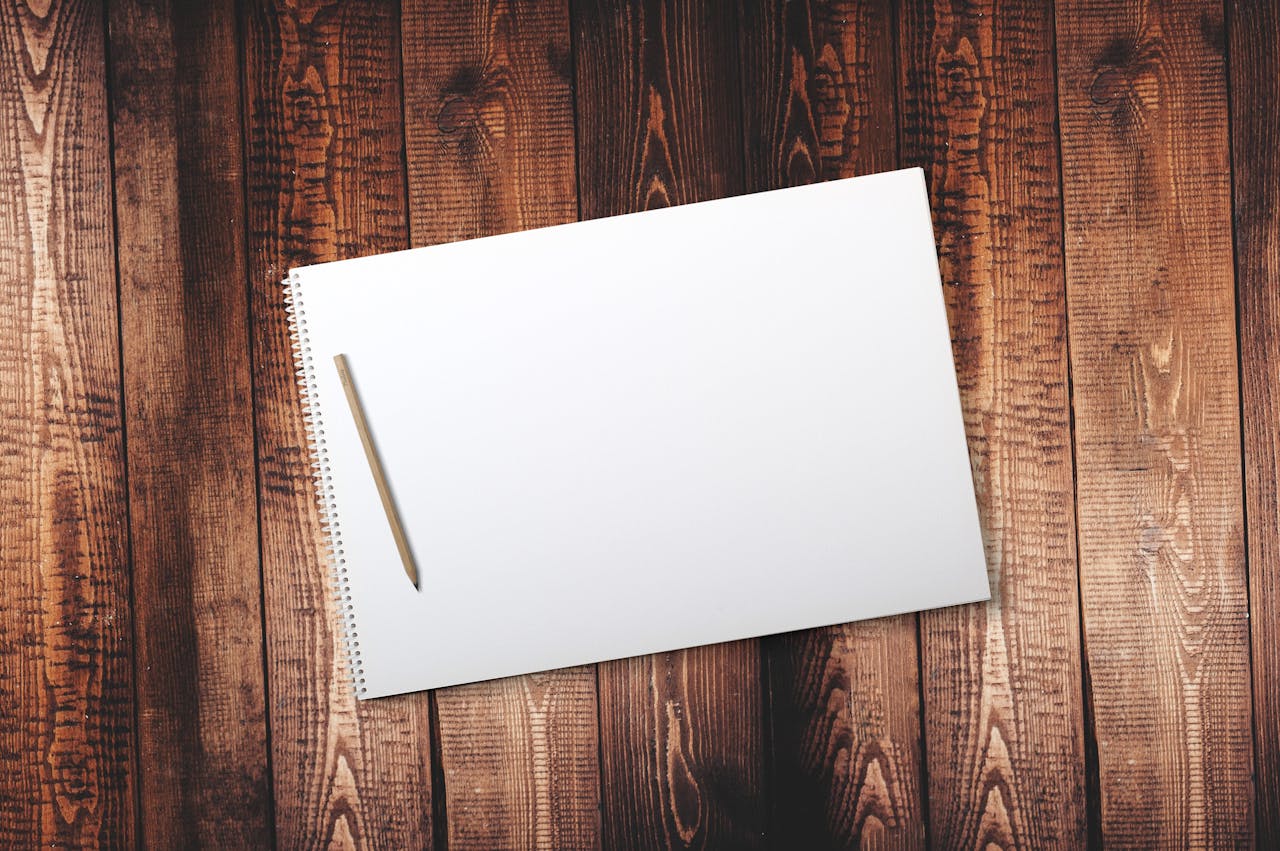Living in Germany often means encountering hard water, or német keménység, a common feature affecting daily routines. With approximately 60% of German households experiencing hard water, understanding német keménység is crucial. This article explores what német keménység is, its effects on everyday life, and offers practical solutions for managing it effectively.
Understanding Német Keménység
Definition
Német keménység, or German hardness, refers to the concentration of calcium and magnesium salts in water. The higher the content of these minerals, the harder the water. Hard water is typical in areas with limestone geology, which dissolves these minerals into the water supply.
Measurement Units
German hardness is measured in degrees of German hardness (°dH). A measurement of 0-4 °dH indicates very soft water, whereas over 18 °dH signifies very hard water. These units help categorize water for various uses, from domestic to industrial.
Causes and Effects
Hard water results from natural processes where rainwater absorbs minerals from rocks. While not harmful to health, it can inconvenience daily life. Hard water can cause scale build-up in pipes, affect soap lathering, and leave residue on appliances.
The Impact of Német Keménység on Daily Life
Household Appliances
Hard water significantly affects household appliances. Washing machines and dishwashers can develop scale, reducing efficiency and lifespan. Kettles may take longer to boil due to limescale deposits, leading to increased energy consumption.
Plumbing
Plumbing systems are prone to damage from hard water, as scale builds up inside pipes. This can lead to blockages, reduced water flow, and increased maintenance costs. Over time, the efficiency of water heating systems can decrease, further escalating energy bills.
Skin and Hair
For personal care, német keménység can be problematic. It can leave skin feeling dry and itchy and hair looking dull and brittle. The minerals in hard water can interact with soap, leaving a film that clogs pores and irritates sensitive skin.
Taste and Odor
Hard water can alter the taste and odor of drinking water, often giving it a metallic or bitter taste. This can affect the flavor of beverages like tea and coffee, making them less enjoyable.
Managing Német Keménység
Water Softeners
Water softeners are a popular solution for reducing water hardness. These devices use ion exchange to replace calcium and magnesium ions with sodium ions, softening the water. However, they require regular maintenance and may increase sodium levels in drinking water.
Water Filters
Various water filters can reduce német keménység. Carbon filters remove chlorine, while reverse osmosis systems eliminate most dissolved minerals. These filters vary in cost and effectiveness, so choose based on specific needs and budget.
Household Remedies
Natural remedies can help manage hard water effects. Adding white vinegar or baking soda to laundry can reduce residue on clothes. Using lemon juice or vinegar to descale kettles and coffee makers is an eco-friendly solution.
Adjusting Routines
Adjusting household routines can minimize hard water’s impact. Using less soap and opting for liquid detergents can prevent buildup. Regularly descaling appliances and investing in a shower filter can also help protect skin and hair.
Német Keménység and Environmental Impact
Energy Consumption
Hard water increases energy consumption as appliances work harder to heat water. This not only raises household energy bills but also contributes to higher carbon emissions, impacting the environment.
Sustainability
While water softeners address német keménység, they pose environmental challenges. The discharge of salty wastewater can affect soil and water quality. Seeking sustainable alternatives like magnetic water conditioners can mitigate this impact.
Regional Variations in Német Keménység
Regional Differences
Német keménység varies across Germany due to geological differences. The north generally experiences softer water, while southern regions like Bavaria face harder water due to limestone-rich areas.
Mapping Hard Water Areas
Resources like regional water quality maps can help identify areas with high or low német keménység. These tools allow residents to understand local water characteristics and plan accordingly.
Tips for Living with Hard Water
Water Conservation
Conserving water is essential in hard water areas. Fix leaks promptly and use water-efficient fixtures to reduce waste. This not only saves money but also lessens the environmental footprint.
Product Selection
Choose products designed for hard water use. Specialized soaps, shampoos, and detergents can enhance cleaning effectiveness and minimize residue. Many brands offer products specifically formulated for hard water conditions.
Professional Advice
For comprehensive solutions, seek professional advice on water treatment options. Experts can assess water quality and recommend tailored systems to address német keménység effectively.
You May Also Like: Understanding the FA3020PF Westinghouse Benefits
Conclusion
In summary, understanding német keménység empowers you to adapt your daily routines and household practices. By employing the tips and considerations outlined in this article, you can effectively manage the effects of hard water and enjoy the benefits of living in Germany.
FAQs
How can I test my water’s hardness at home?
You can use a water hardness test kit available at hardware stores. These kits provide an easy and cost-effective way to determine the level of hardness in your water.
Are there any health risks associated with drinking hard water?
No, hard water is generally safe to drink and does not pose health risks. However, it may be less palatable due to its taste and odor.
Can hard water stain my laundry?
Yes, hard water can cause clothes to appear dull and gray over time. Adding a water softener to your washing machine can prevent mineral deposits on fabrics.
Is it possible to completely eliminate water hardness?
While complete elimination is challenging, water softeners and filters can significantly reduce hardness levels, improving water quality for household use.
Do all parts of Germany have the same level of water hardness?
No, water hardness varies by region in Germany. Areas with limestone geology, such as southern Germany, tend to have harder water compared to northern regions.










